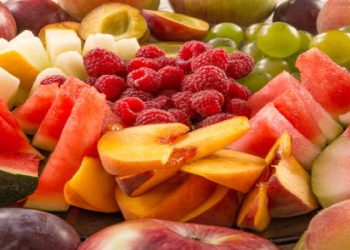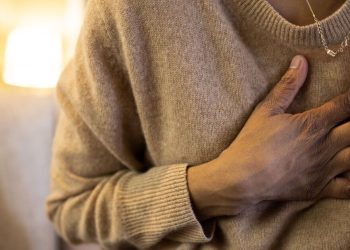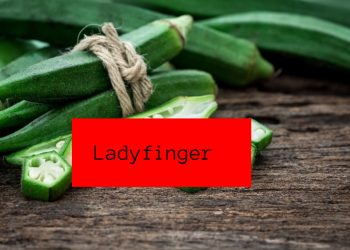What to do if your water is contaminated with E. coliAn expert has warned that food and water contamination could become more common if the world’s population continues to grow, amid a number of concerning outbreaks in the UK. Faecal contamination is likely to blame, he added, leading to nasty bugs that have left some people hospitalised and one dead.
So far this year, the UK Health Security Agency (UKHSA) has confirmed almost 300 cases of Shiga toxin-producing E. coli (STEC), an infection that causes “severe” bloody diarrhoea, cramps and vomiting.
In a latest update, a total of 275 cases of STEC have been reported in the UK.
According to the UKHSA, one person in England died as a result of the infection in May.
And based on information on 249 of the cases, 49 percent were hospitalised.
The UK has seen outbreaks of cryptosporidiosis and E.coli this year (Image: Getty Images)
The Food Standards Agency (FSA) believe this outbreak has been caused by contaminated salad leaves with a number of food companies recalling sandwiches and wraps as a result.
This outbreak came as cryptosporidiosis, a waterborne infection that comes from a parasite called cryptosporidium, was discovered in the drinking water in parts of Devon.
Most people get the parasite after swallowing food or water tainted with faeces.
Residents were therefore urged to boil tap water before consumption and 46 cases of the diarrhoea-causing illness were reported in May.
Dr Bruno Silvester Lopes, lecturer in microbiology at Teesside University, spoke exclusively with Express.co.uk about what could be driving these outbreaks.
“Although it is not normal to see outbreaks or issues with food contamination it is important to understand that demand for food and clean water supply surges with increase in population,” he explained.
A number of sandwiches and wraps were removed from supermarket shelves amid an E.coli outbreak (Image: Getty)
Invalid email
We use your sign-up to provide content in ways you’ve consented to and to improve our understanding of you. This may include adverts from us and 3rd parties based on our understanding. You can unsubscribe at any time. Read our Privacy Policy
“The cryptosporidium outbreak is possibly linked to faecal contamination of water sources, such as rivers and lakes due to infected animals.
“The E. coli O145 outbreak could possibly be linked to ruminant faecal contamination of water being used for growing salads.
“While UKHSA and other public authorities are still investigating the outbreak there is a strong link that sandwiches which were recalled contained lettuce in them which are the likely source of the outbreak.”
He said that increased surveillance could be necessary to prevent further outbreaks.
Dr Lopes continued: “The current outbreaks are not part of larger outbreaks, but it is important to monitor and increase surveillance measures in order to prevent them from becoming larger.
Both STEC and cryptosporidiosis can cause diarrhoea (Image: Getty)
“In the United Kingdom, it is legally required for all public water sources to be disinfected in order to eliminate any potentially hazardous bacteria. Chlorine is mostly utilised to make sure water is safe to drink to satisfy the quality requirements.
“There seems to be a breach in the water quality resulting in contamination of water supply by cryptosporidium which is a protozoan parasite. It has an amazing ability to survive chlorination so processes like UV filtration or treatment with ozone can help.”
There is the potential for these kinds of outbreaks to become more common, he warned.
“Outbreaks like this at this stage are not concerning but it is important to see if they become increasingly common with time,” Dr Lopes said.
“The increase in demand for clean water or food could translate to higher risk of infection because sometimes industries can’t cope with the demand.
“Very recently it was highlighted by some excellent researchers that by 2050 just over 68 percent of the world’s population will reside in cities.
“In order to feed the projected 9.73 billion people by that time, agriculture will need to generate almost 50 percent more food compared to what was produced in 2012.”
How to stay safeDr Lopes advised boiling water and letting it cool before drinking it so that any bacteria or parasites can be killed.
He added: “Other than that fruit and veg must be washed thoroughly and food must be cooked properly to lower the risk of foodborne infection.
“It is advisable to use a different chopping board for processing meat and fruit and veg in the kitchen to avoid any cross-contamination.
“If a single board is used, then make sure it is thoroughly washed with warm soapy water. It is also advisable to not wash poultry meat because it can lead to cross-contamination of kitchen surfaces with campylobacter which is commonly found on poultry carcass and there is a risk of transmission to humans.”










Be First to Comment